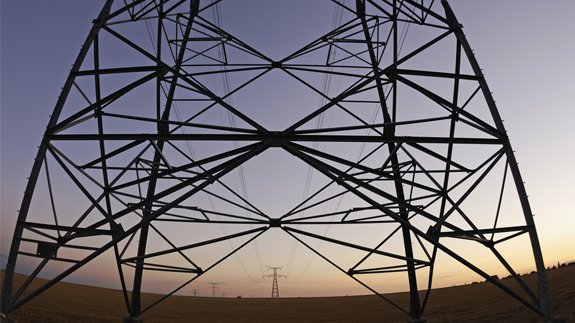National Grid should be broken up to prevent potential conflicts of interests.
That’s the view of MPs on the Energy and Climate Change Committee, who recommends transferring the system operation from National Grid to an Independent System Operator (ISO) at a national level and Distribution System Operators (DNOs) at a regional level.
National Grid owns and maintains the electricity transmission and gas distribution networks, runs the system to make sure the lights stay on and owns assets such as interconnectors that bring power into the country from other nations.
The MPs are calling for a major overhaul of the way the energy network is operated in the UK, with their report stating: “The government should set out its intentions regarding an ISO as soon as possible and consult on a detailed, staged plan for their implementation so as to avoid injecting uncertainty into the energy sector.”
According to Angus Brendan MacNeil MP, Chairman of the Committee, the ISO model has worked in the US and “it is time for it to be brought to these shores”.
The MPs believe potential conflicts of interests that were raised during an inquiry would undermine the development of low carbon network infrastructure.
The report adds: “Firstly, National Grid has the power and incentive to encourage physical infrastructure development and then profit from it: this is known as ‘asset padding’… National Grid also reports on electricity capacity requirements for the Capacity Market.
“In both cases, National Grid could advocate more capacity than necessary in order to be allowed to build, then own, such assets.”
The Committee identified three challenges: new energy sources need connections to the grid, some of the sources are variable in output such as wind and solar and networks’ efforts to overcome these obstacles “must not be impeded by outdated and inflexible regulations”.
The MPs note the importance of smart meters and a smart grid to enable the transition but expressed concerns the rollout of the technology is not progressing quickly enough.
They also believe DNOs “remain somewhat blind” to their energy flows and are calling on them to play a more active role so they can use smart technologies.
The Committee adds innovative solutions like side response (DSR) and energy storage have been held back by legislation and recommends the latter should be deployed at scale “as soon as possible”.
A spokesperson from National Grid said: “Our priority as a system operator will always be balancing the system minute-by-minute and getting the best value for billpayers, which is what the current system provides.
“We take very seriously the need to provide confidence that any potential conflicts of interest are handled correctly and have a lot of experience operating in an environment where this is a key part of what we do. We are currently working with the government and with regulators to ensure we continue to manage potential conflicts as our role develops.”
DECC added: “We are looking at how we can make our energy system smarter, encourage new forms of energy into the mix and maximise the role of competition.”





